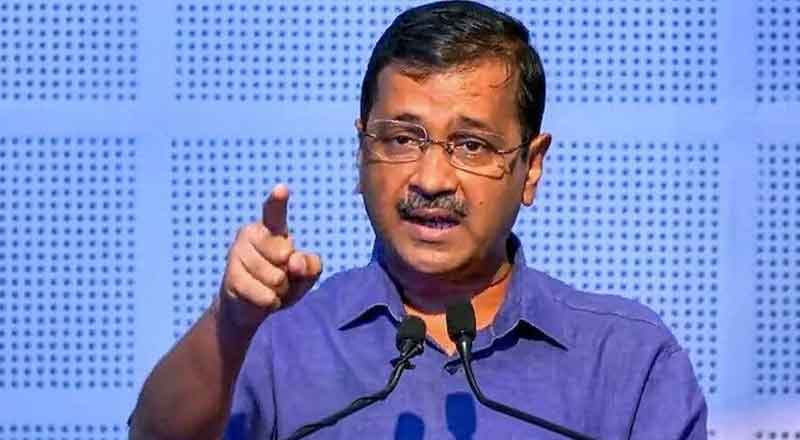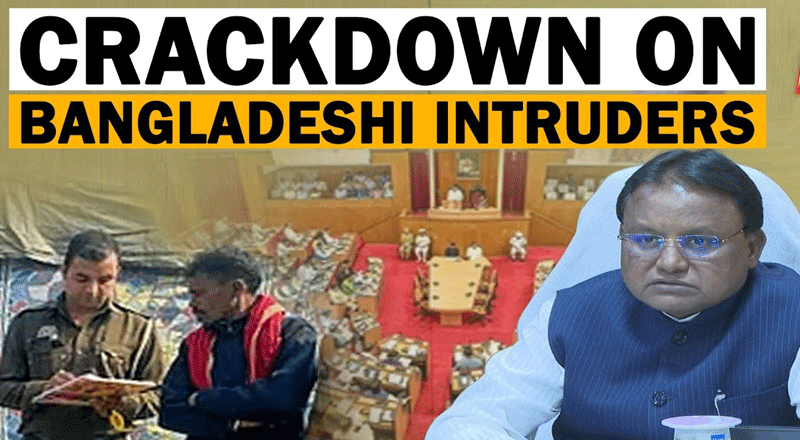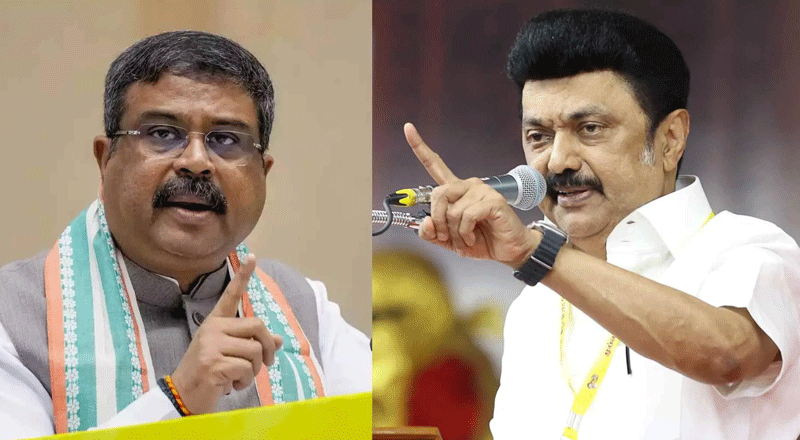The recent arrest of Delhi Chief Minister Arvind Kejriwal by the Enforcement Directorate (ED) in connection with the Delhi excise policy scam has ignited a fresh wave of scrutiny on political leaders entangled in corruption allegations. As the political landscape bristles with anticipation ahead of the Lok Sabha elections 2024, it’s pertinent to delve into the annals of Indian politics to explore the narratives of former Chief Ministers who have found themselves ensnared in legal quagmires.
Hemant Soren (Jharkhand):
The arrest of Hemant Soren, a prominent leader of the Jharkhand Mukti Morcha (JMM), by the ED on January 31 sent shockwaves through the political corridors of Jharkhand. The allegations of his involvement in a money laundering probe linked to a land scam added to the state’s tumultuous political landscape. Hemant’s resignation preceding his arrest echoed the tumultuous journey of Jharkhand’s political elite, following in the footsteps of predecessors like Madhu Koda and Shibu Soren, who also faced legal ramifications during their tenures.
Lalu Prasad Yadav (Bihar):
The fodder scam saga marked a dark chapter in Bihar’s political history, with Lalu Prasad Yadav at its center. The misappropriation of public funds and the subsequent legal battle that ensued not only led to Yadav’s disqualification from holding office but also underscored the systemic flaws in governance. The repercussions of Yadav’s arrest reverberated across Bihar’s political landscape, leaving a void that would take years to fill.
J Jayalalithaa (Tamil Nadu):
The late J Jayalalithaa’s tryst with legal battles encapsulated the complexities of power and politics in Tamil Nadu. Accused of amassing disproportionate assets, her conviction and subsequent acquittal became emblematic of the oscillating fortunes of political leaders in India. The fervor surrounding her legal saga mirrored the fervent loyalty and intense scrutiny she commanded throughout her illustrious career.
Om Prakash Chautala (Haryana):
Om Prakash Chautala’s conviction in a corruption case revolving around teacher recruitment laid bare the pervasive influence of corruption in Haryana’s political landscape. The sentencing of Chautala and his son underscored the imperative of holding elected officials accountable for their actions, irrespective of their political stature. The legal ordeal faced by the Chautalas served as a cautionary tale for aspiring politicians and a rallying cry for anti-corruption advocates.
Madhu Koda (Jharkhand):
Madhu Koda’s tumultuous tenure as Chief Minister of Jharkhand was marred by allegations of corruption and malfeasance. His alleged involvement in mining scandals and the subsequent legal proceedings highlighted the symbiotic relationship between politics and illicit gains. Koda’s arrest and subsequent conviction underscored the need for robust anti-corruption measures to safeguard the integrity of governance.
Chandrababu Naidu (Andhra Pradesh):
Chandrababu Naidu’s arrest in a skill development case added another layer of complexity to Andhra Pradesh’s political landscape. The allegations of financial mismanagement and malfeasance underscored the challenges faced by leaders in maintaining transparency and accountability in governance. Naidu’s legal imbroglio served as a sobering reminder of the perils inherent in wielding political power.
Shibu Soren (Jharkhand):
Shibu Soren’s legal troubles, stemming from the abduction and murder of his private secretary, epitomized the intersection of politics and crime. Despite initial convictions, subsequent legal proceedings saw his acquittal, raising questions about the efficacy of the justice system in adjudicating complex cases involving political figures.
The arrest and legal battles faced by these former Chief Ministers serve as a sobering reminder of the delicate balance between power and accountability in a democracy. As India grapples with the spectre of corruption and malfeasance, the narratives of these erstwhile leaders offer valuable insights into the challenges and complexities of governance. In the pursuit of justice and transparency, the onus lies on both elected officials and citizens alike to uphold the principles of integrity and probity in public life.
(With inputs from agencies)





